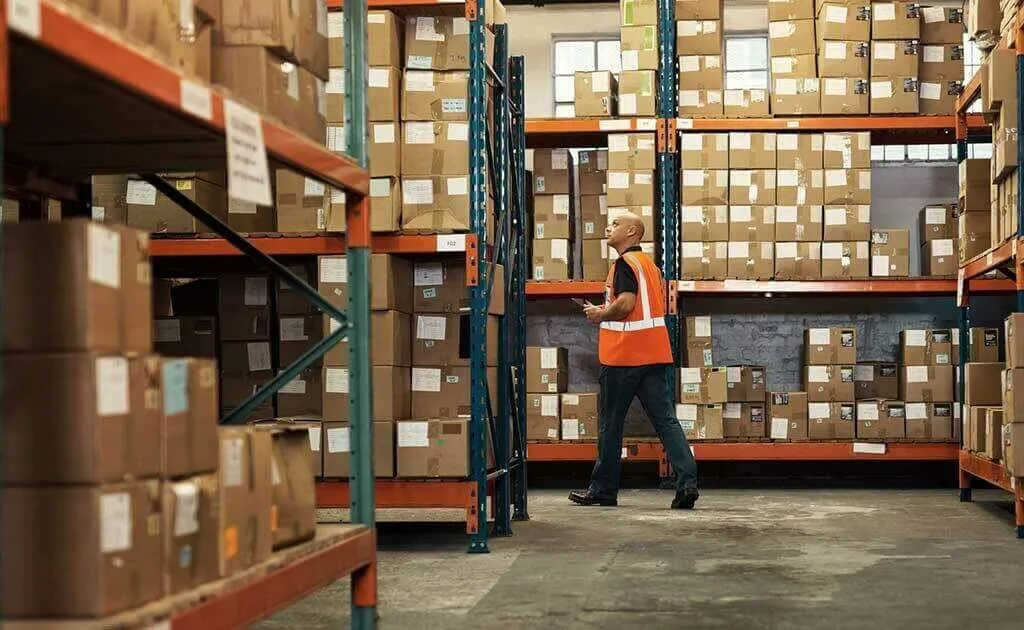Wholesale distribution is the backbone of countless industries worldwide, facilitating the movement of goods from manufacturers to retailers and, ultimately, to consumers. Whether you’re a budding entrepreneur, an established retailer, or a manufacturer, understanding the role and workings of wholesale distributors is essential for business success. This comprehensive guide will provide a detailed look into wholesale distribution, its benefits, and how to find the right Distributor for your business.
What is a Wholesale Distributor?
A wholesale distributor acts as an intermediary between manufacturers and retailers. They purchase products in bulk directly from manufacturers at discounted rates and resell them in smaller quantities to retailers or other businesses at a markup. This business model is crucial in bridging the gap between production and retail, ensuring a steady supply of goods across markets.
The Importance of Wholesale Distributors in the Supply Chain
Wholesale distributors play an indispensable role in the supply chain by:
- Streamlining Distribution: They take on the logistical challenges of storing, handling, and delivering products to retailers.
- Reducing Costs: By buying in bulk, distributors get significant discounts, enabling them to provide competitive pricing to retailers.
- Ensuring Availability: They maintain inventory levels to meet the demands of retailers, minimizing the risk of stockouts.
- Providing Market Insights: Distributors often have a deep understanding of market trends and can offer valuable insights to manufacturers and retailers.
Types of Wholesale Distributors
Wholesale distributors vary widely based on the industries they serve. Here are some common types:
1. General Wholesale Distributors
These distributors deal with a wide range of products across multiple industries, such as food, clothing, electronics, and home goods.
2. Specialized Distributors
Specialized distributors focus on niche markets, offering products tailored to specific industries like pharmaceuticals, fashion, or technology.
3. Drop Shippers
Drop shippers handle logistics for online retailers. They don’t maintain physical inventory but ship products directly from manufacturers to customers.
4. Cash-and-Carry Wholesalers
These wholesalers cater to businesses that buy products in person and transport them independently.
5. Regional Distributors
Regional distributors operate within specific geographical areas, catering to localized markets.
Benefits of Partnering with a Wholesale Distributor
1. Cost Efficiency
Purchasing products through a wholesale distributor often results in lower costs due to bulk pricing. This is particularly beneficial for small and medium-sized retailers who cannot afford to buy directly from manufacturers at large volumes.
2. Access to a Diverse Product Range
Distributors provide access to a variety of products from multiple manufacturers, allowing businesses to diversify their offerings.
3. Convenience
With warehousing, inventory management, and logistics handled by the distributor, businesses can focus on their core operations.
4. Market Insights
Established distributors often have a wealth of knowledge about market trends, helping retailers stock high-demand products.
How to Choose the Right Wholesale Distributor
Selecting the right Wholesale Distributors is a critical decision that can impact your business’s success. Here’s a step-by-step guide to finding the ideal partner:
Step 1: Identify Your Needs
- Determine the type of products you need.
- Assess your budget and volume requirements.
Step 2: Research Potential Distributors
- Attend industry trade shows and expos.
- Use online directories like Alibaba, ThomasNet, or SaleHoo.
- Seek recommendations from industry peers.
Step 3: Evaluate Their Credibility
- Check reviews and testimonials.
- Verify their track record and years in business.
- Ensure they have proper licenses and certifications.
Step 4: Analyze Terms and Conditions
- Compare pricing structures and payment terms.
- Understand their return and refund policies.
- Confirm their delivery timelines and minimum order quantities.
Step 5: Request Samples
Before committing, request product samples to assess quality.
Challenges in Wholesale Distribution
While wholesale distribution offers many benefits, it’s not without challenges. Some common hurdles include:
- Inventory Management: Distributors need to manage large inventories effectively to avoid overstocking or stockouts.
- Competitive Pressure: The rise of e-commerce has increased competition, with online wholesalers often undercutting traditional distributors.
- Logistical Complexities: Coordinating shipments across multiple regions can be challenging.
- Economic Fluctuations: Demand and supply can be affected by changes in the economic environment.
The Future of Wholesale Distribution
The Wholesale industry is rapidly evolving, driven by advancements in technology and changing consumer behavior. Here are some key trends shaping the future:
1. E-Commerce Integration
With the growth of online marketplaces, wholesalers are increasingly adopting e-commerce platforms to streamline operations and reach a broader audience.
2. Automation and AI
Technologies like AI and machine learning are being used for demand forecasting, inventory management, and customer relationship management.
3. Sustainability
Sustainable practices, including eco-friendly packaging and energy-efficient logistics, are becoming a priority for distributors.
4. Globalization
The rise of international trade has enabled wholesalers to source products from across the globe, offering retailers access to a wider range of products.
FAQs About Wholesale Distributors
Q: How can I find reliable wholesale distributors?
A: Start by researching online directories, attending trade shows, and networking with industry professionals. Verify their credibility by checking reviews and requesting references.
Q: What is the minimum order quantity (MOQ)?
A: MOQ refers to the smallest amount of product a distributor will sell. It varies by distributor and product type.
Q: Can small businesses work with wholesale distributors?
A: Yes, many distributors cater to small businesses by offering lower MOQs and flexible payment terms.
Q: What are drop shipping distributors?
A: Drop shippers handle order fulfillment for online retailers, shipping products directly to customers without requiring the retailer to hold inventory.
Conclusion
Wholesale Distributors are an essential link in the supply chain, ensuring the efficient movement of goods and enabling businesses to thrive. Whether you’re a retailer looking for a steady supply of products or a manufacturer seeking market access, partnering with the right distributor is crucial. By understanding the intricacies of wholesale distribution and leveraging industry best practices, you can build strong partnerships that drive long-term success.
